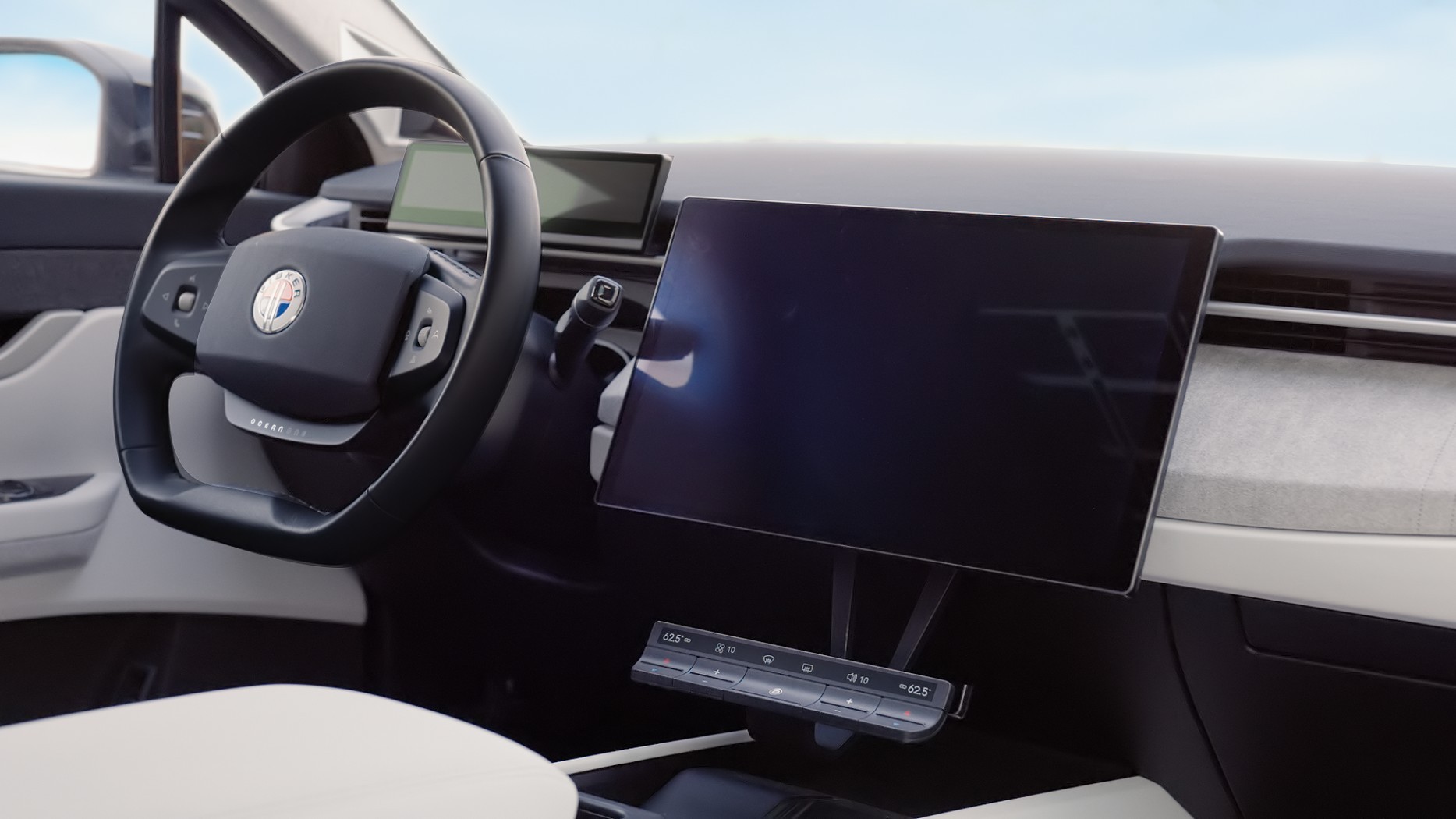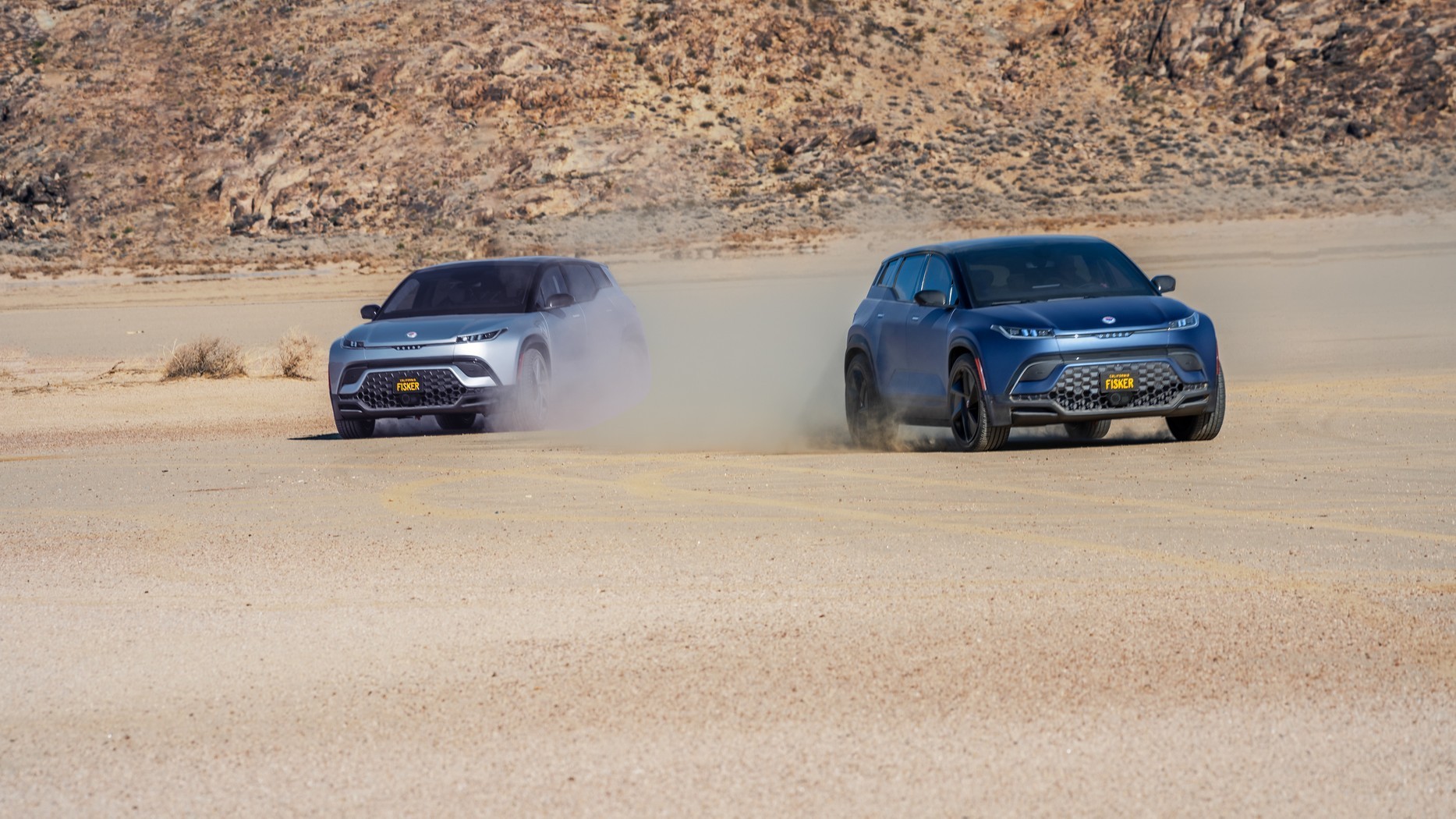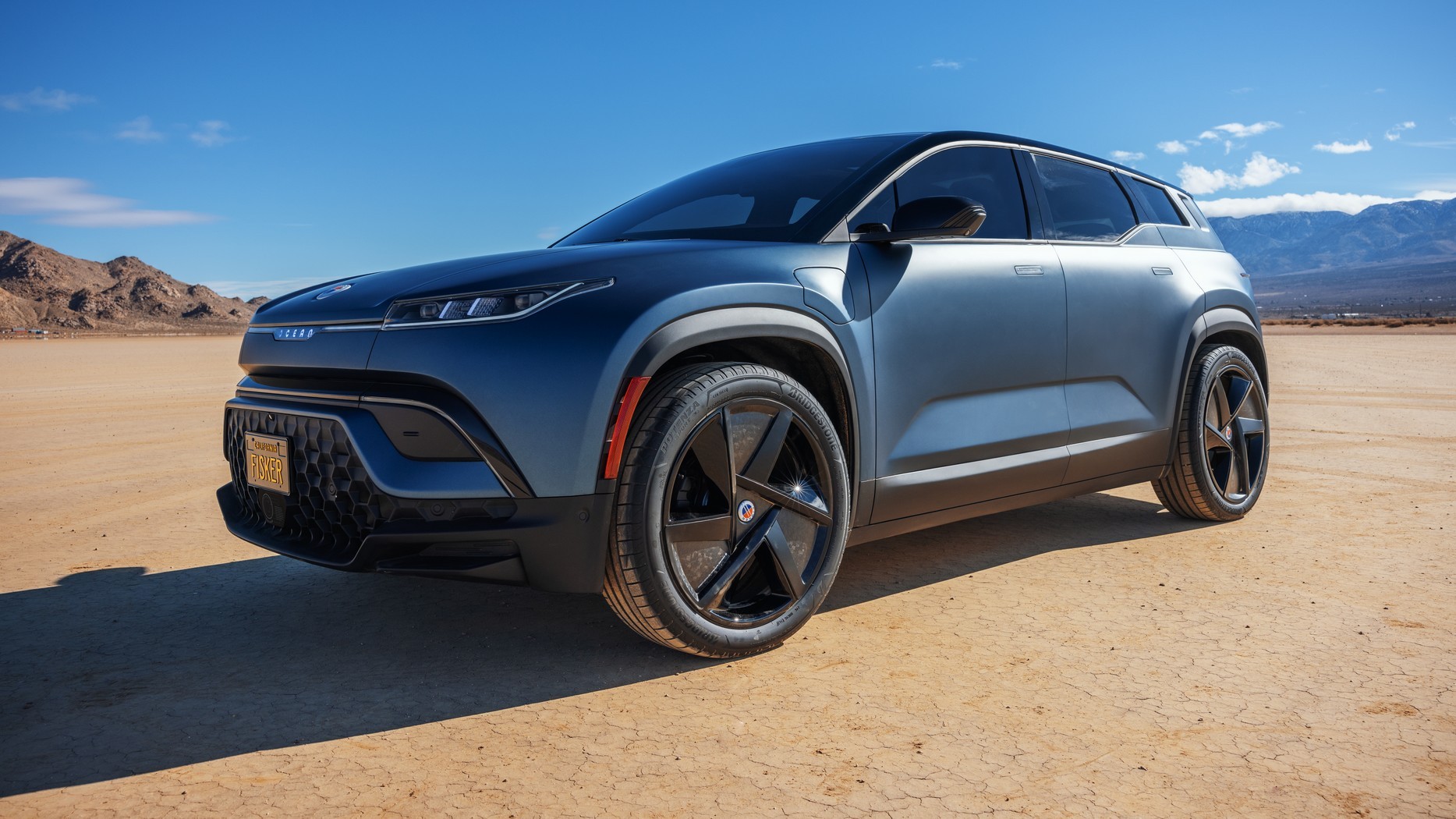Fisker, once on the brink of a public relations disaster, has reversed course after facing backlash over its recall policies. The electric car manufacturer had initially planned to charge owners for the labor associated with recalls, a move that drew widespread criticism. However, following public outcry and media coverage, Fisker has now clarified that it will cover both parts and labor for these recalls.
While this is a positive development for Ocean owners, confusion remains as the company has yet to announce a list of authorized service centers. Additionally, the availability of replacement parts is still uncertain. Despite these challenges, Fisker has assured owners that they can continue driving their vehicles while waiting for recall repairs.

It is important to note that the company’s decision to cover both parts and labor for recalls is a significant shift from its original plan. This reversal is likely due to the negative publicity and potential regulatory scrutiny that Fisker would have faced had it persisted with its initial policy.
By agreeing to cover the costs associated with recalls, Fisker has demonstrated a commitment to customer satisfaction and has hopefully avoided further damage to its reputation. However, the company still faces challenges in implementing its new recall policy. The lack of a clear timeline for the availability of replacement parts and the absence of a list of authorized service centers could lead to frustration among Ocean owners.
As Fisker continues to go through these challenges, it is crucial that the company maintains open communication with its customers and provides timely updates on the progress of the recall process. The recent demise of Fisker Ocean, once a promising electric vehicle startup, serves as a stark reminder of the challenges facing companies venturing into this burgeoning industry.
Despite a well-received product and a growing market demand, Fisker’s downfall can be attributed primarily to internal mismanagement. The company’s lack of a physical manufacturing facility, relying instead on contract manufacturing with Magna Steyr in Austria, exposed its vulnerability to external factors.
While American Lease, the acquirer of Fisker’s US inventory, had initially pledged to address recall issues, the pace of these efforts appears to have fallen short of customer expectations. This incident highlights the importance of robust after-sales support and timely recall management, especially for startups without a deep-rooted infrastructure.

Moreover, Fisker’s failure contrasts with the strategies of other EV manufacturers like Rivian and Lucid. These companies have demonstrated a stronger financial position and a more comprehensive roadmap towards profitability. By investing in their manufacturing facilities and focusing on innovative product offerings, they have positioned themselves to capitalize on the growing electric vehicle market.
The demise of Fisker is a missed opportunity for the industry as a whole. The Ocean had the potential to contribute significantly to the transition to electric vehicles and help combat climate change. However, the company’s mismanagement ultimately led to its downfall. This cautionary tale serves as a valuable lesson for future EV startups, emphasizing the importance of sound business practices, strong financial management, and a robust supply chain to ensure long term success.

